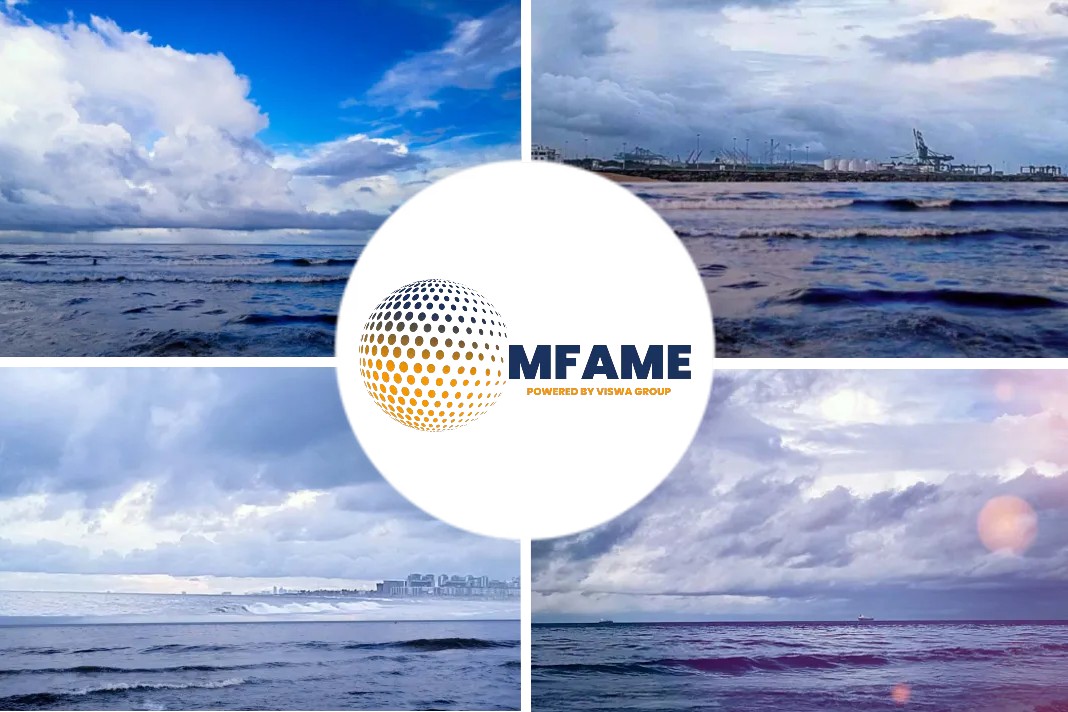The world’s top two container shipping groups Maersk Line and MSC are reviewing their Iran operations after the United States withdrawal from the international nuclear agreement with Tehran.
The 2015 agreement, worked out by the United States, five other world powers and Iran, lifted sanctions on Tehran in exchange for limits to its nuclear programme.
U.S. President Donald Trump also instructed his administration to re-impose U.S. sanctions after a winding down period.
“MSC is reviewing its services, operations and business relationships to understand if any are impacted and will comply with the timetable set out by the U.S. government,” the private Swiss-headquartered group said in a statement on Friday.
MSC suspended services between 2012 and 2014 and when they were resumed the line used small, regional third-party feeder ships to carry cargo between Iran and MSC’s transshipment hub at Jebel Ali in the United Arab Emirates.
A shipping source said MSC had already stopped taking bookings for certain cargoes that would be impacted by the sanctions programme.
The U.S. Treasury said this week Washington was imposing sanctions on the direct or indirect sale, supply, or transfer to or from Iran of graphite, raw, or semi-finished metals such as aluminum and steel, coal, and software for integrating industrial processes.
Denmark’s Maersk Line said separately it had ceased acceptance of the specific cargoes listed by the U.S. Treasury this week.
“Our presence in Iran is limited. We will monitor the developments to assess any impact on our activities,” Maersk Line added.
The group also used feeder services to Iran from Jebel Ali.
Iran relies on seaborne trade for both imports as well as for sales of its goods apart from oil and the country had struggled with logistical difficulties before international sanctions were lifted in 2016.
Iran’s port operators and shipping sectors, including top cargo operator the Islamic Republic of Iran Shipping Lines (IRISL) and oil tanker group NITC, will once again be blacklisted on Nov. 4 by Washington.
The U.S. will separately re-impose sanctions on the provision of insurance and reinsurance, which had been another challenge for Iran in the past.
Every ship requires various insurance cover to allow for journeys at sea.
“The decision is expected to have significant implications for maritime trade with Iran and the insurance of such trade,” said Nigel Carden, deputy chairman for Thomas Miller, the manager of ship insurer UK P&I Club.
Carden said a full assessment would only be possible once there was more clarity, and urged caution before entering into any new Iran related cargo bookings.
Lloyd’s of London said it was “currently reviewing the implications for the Lloyd’s (insurance) market”.
Europe’s heavyweight economies took steps on Friday to safeguard their commercial and political interests in Iran.
Did you subscribe for our daily newsletter?
It’s Free! Click here to Subscribe!
Source: Reuters

















